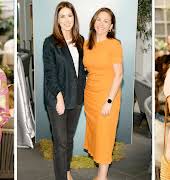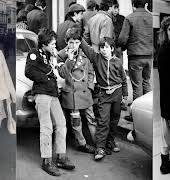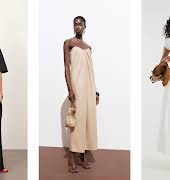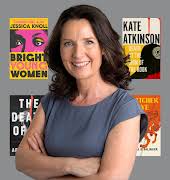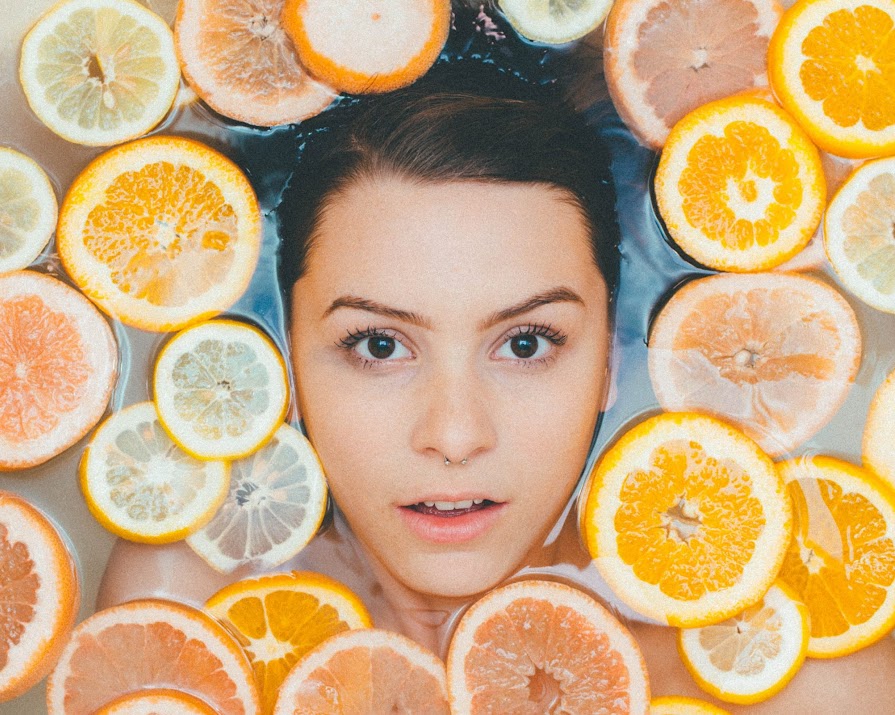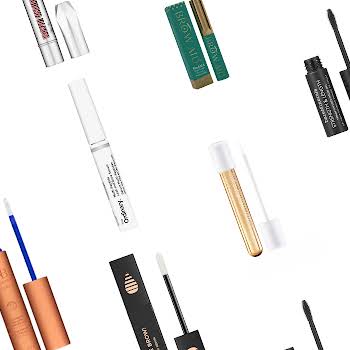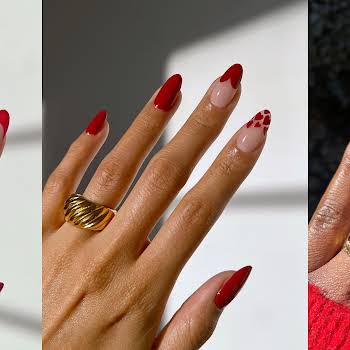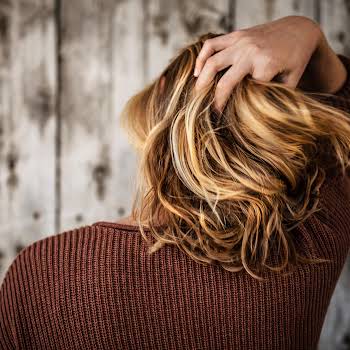By Geraldine Carton
14th Mar 2019
14th Mar 2019
A term we have been noticing recently on our shampoo bottles is confusing us. That term is gluten-free. Why does it matter if shampoo is gluten-free? Unless of course, you have confused shampoo for a delicious, consumable beverage. This question storms through many people’s minds when they see hair care bottles proudly donning this accreditation, and we want to get to the bottom of it.
Gluten-Free frenzy
The idea of “going gluten-free” has become all the rage amongst health freaks and food-fad-followers as much as it has amongst actual coeliacs. This reality is undoubtedly why the phrase “Do you have a gluten-free version?” has received many an eye roll in recent years.
The gluten-free industry has completely blown up of late, with GF alternatives for bread, cakes, pasta and pizzas cropping up all over the place – and rightly so. As little as fifteen years ago, when Coeliac disease (and gluten intolerance) in Ireland had just been discovered, the only place a coeliac could buy bread, pasta etc. was in the pharmacy. And let me tell you, that food tasted like cardboard at best and at worst, like gloopy, flavourless, joyless rubber.
However, gluten-free food isn’t the issue here. The issue – a development that many of us have been struggling with of late – is the creepy-crawly increase of “gluten-free shampoos” showing up on our supermarket shelves. It seems a thoroughly ridiculous concept at first glance – why would anyone need gluten-free shampoo?
Related: How to make: gluten-free Asian beef noodle salad
Gluten-free shampoo
The reality is that gluten-free shampoo (and gluten-free beauty products in general) could provide tangible benefits to certain, highly-sensitive individuals. The idea falls upon the premise that the skin is an incredibly absorbent organ, as proven by people benefitting from soaking in Epsom salt baths to absorb the stress-busting magnesium, or slapping a nicotine patch onto their arm to ward off cigarette cravings.
Our body absorbs the substances that we smear over it, be it moisturiser, body butter, Epsom salts or shampoo. With this in mind, and when you consider just how incredibly sensitive some coeliacs can be to gluten, using shampoos that do contain gluten suddenly become a bit concerning for some people.

Real life experience
Maureen Stanley is one such highly-sensitive coeliac. Despite following a strict gluten-free diet since her diagnosis in 2005, Maureen found that she could not rid herself of one main complaint; extreme dry skin, irritation and rash flare-ups. She went to see dermatologists, took the ointment and steroid prescription, but nothing helped.
It was only when Maureen noticed the presence of gluten in her hair and beauty products (often used as a thickening agent) that she suspected she may have found the culprit. Within two months of swapping her products for GF alternatives, her dry skin cleared up completely.
Related: These vegan Italian pancakes are also wheat- and gluten-free
Conclusion
Check any gluten-free forum enquiring about this subject and you’ll find people advocating for it as a “life-saver”, and others dubbing it as just another marketing scam As with any product that promises to change your life, we’ll take these claims with a pinch of healthy scepticism.
Nonetheless, we must admit that the idea of gluten-free beauty products providing some benefits to those with highly-sensitive gluten allergies does seem plausible, if not a complete science. Is gluten-free shampoo worth trying if you intolerance continues to affect your day-to-day wellbeing, despite your adherence to the gluten-free diet? Sure, give it a try. And if you want to try it just to be “healthy”? Well, we’d have to say probably not. The hike in price that often accompanies these gluten-free beauty products means that it’s not a bandwagon we’ll be jumping on any time soon, and we wouldn’t recommend you do it either.
Main photo by Noah Buscher on Unsplash

